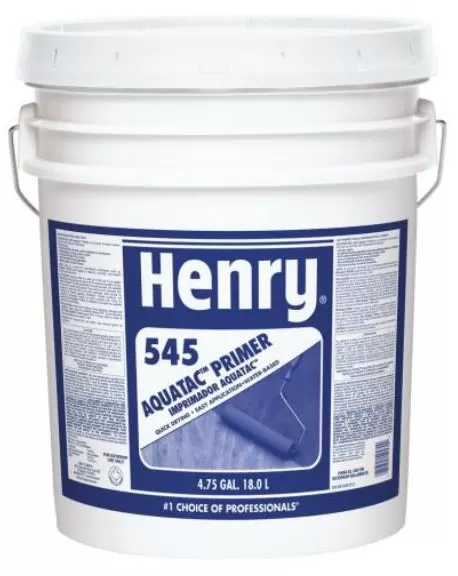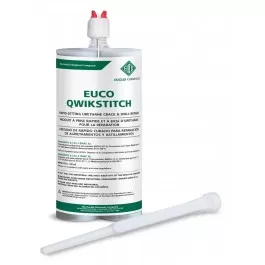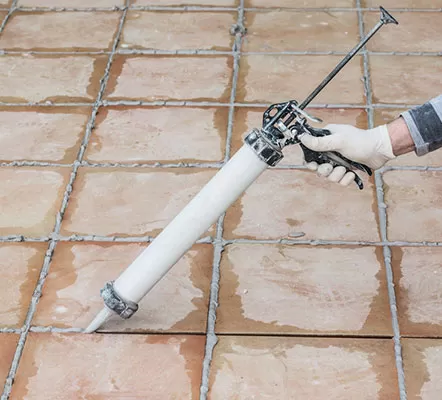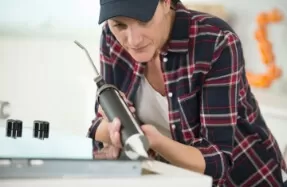Backer Rods, Blog
The Benefits and Limitations of Soft Backer Rods
The Benefits and Limitations of Soft Backer Rods
When creating a seal, such as around windows or within a joint, a backer rod is often necessary to ensure proper sealing. These rods are made of foam and come in a variety of thicknesses, fitting within the gap before sealing. By doing this, they create a backstop that prevents the sealant from going too deep into the gap, as well as helping to create more surface area for the sealant to bond to.
One of the biggest questions with backing rods is whether to used closed-cell or open-cell designs or put another way, hard vs soft rods. Open-cell rods have a lot of air in their internal structure, as well as porous outer layers, which makes them flexible, compressible, and potentially usable in a lot of different situations.
In this article, we wanted to briefly look at the pros and cons of soft backer rods.
I. The Benefits of Using Soft Backer Rods
The primary benefit of soft rods is that they can be used in many more applications since they can be squeezed into gaps that might not fit even the smallest closed-cell rods. Since they’re bendable, a single rod can also be used to create multi-sided seals. This makes them particularly popular for “everyday” applications such as sealing windows and doors on buildings.
In addition, their flexibility means that they’re useful in situations where a lot of movement is expected. You’ll often see soft backer rods as part of the seal between pieces of concrete pavement, for example, or airport runways.
II. The Drawbacks of Using Soft Backer Rods
The biggest issue with open-cell rods is that they are not watertight, and potentially not airtight either. This makes them a poor choice in situations where a lot of moisture is expected, or where atmospheres need to be contained within a space.
The other major issue is that they tend to be vulnerable to heat. The open cells allow heat to spread quickly, breaking down the internal structure, and then compromising the seal.
In these situations, the use of closed-cell backing rods would be better. There are also bi-cellular rods, which combine open-cell internals with a non-porous exterior, to create a “best of both worlds” solution in some specialty applications.
Metro Sealant carries a wide variety of backing rods, in any size your application might call for. Not sure what backing rod is best for your application? Feel free to contact us for support!




